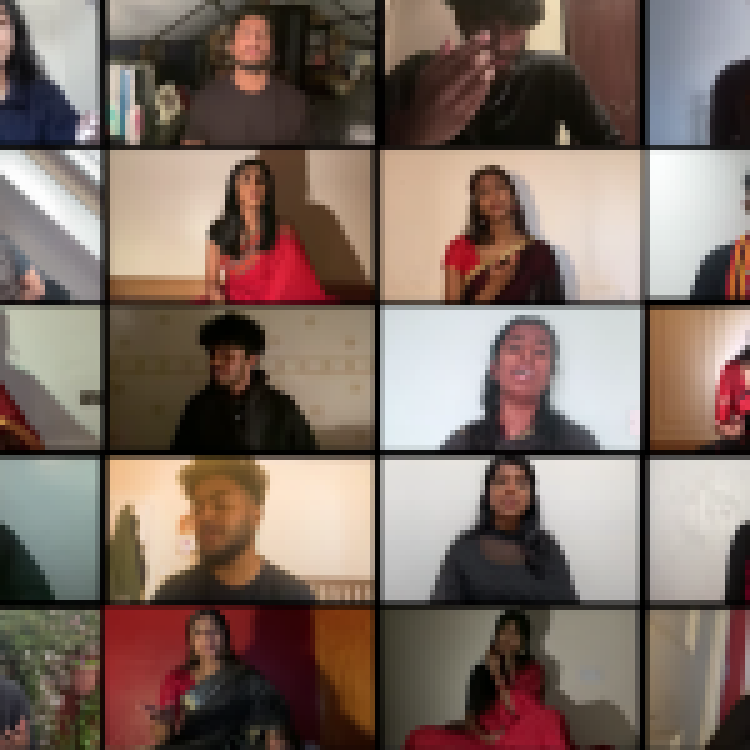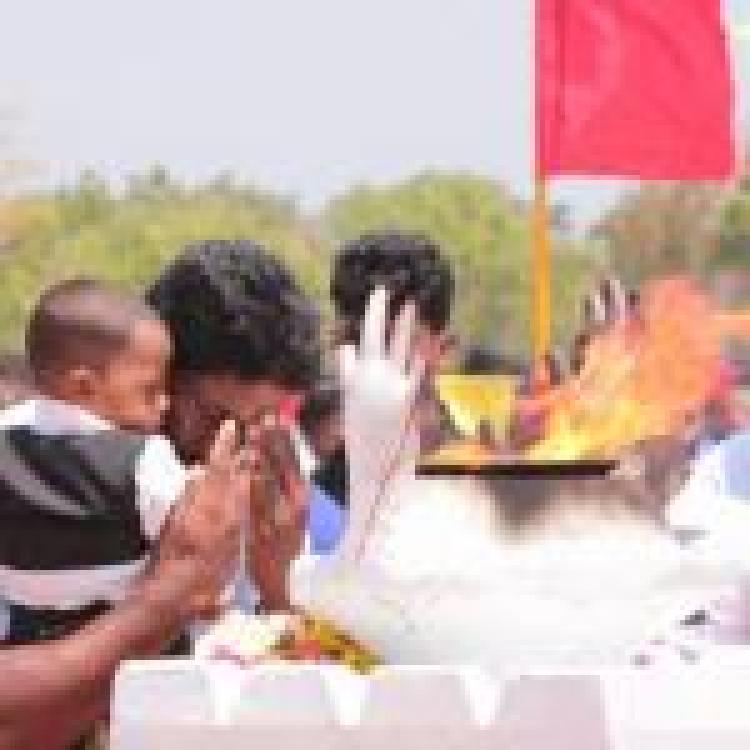<p>Marking eleven years since the end of the Sri Lankan war, Human Rights Watch (HRW) has put out a statement maintaining that there has been “no reconciliation efforts” and that state officials are stoking racial animosity.</p>
<p> </p>
<p><strong>A denial of transitional justice</strong></p>
<p>Commenting on the government’s actions, HRW has stated that the government has actively disavowed promised steps toward truth, justice, and accountability for war crimes. In March 2020, the Rajapaksa administration withdrew from its co-sponsored UN Human Rights Council Resolution 30/1 (2015) which was agreed to by the previous government. </p>
<p>In their statement, they note Gotabaya Rajapaksa himself is implicated in war crimes relating to his role as Defence Secretary during the final stages of the war. </p>
<p>During the final months of the war, credible accusations of war crimes and genocide against the Tamil people arose as the Sri Lankan military intentionally and indiscriminately shelled designated safe zones and hospitals. An estimated 70,000-140,000 Tamils were killed</p>
<p> </p>
<p><strong>A surge of discrimination</strong></p>
<p>The statement further details the means by which government officials are seizing upon the Covid-19 pandemic so as to “stoke communal tensions and violate rights to religious freedom”.</p>
<p>An illustration of this is the imposition of cremations which stands against islamic religious practices. Whilst government officials maintained this was purely for safety practices it is against the advice of internationally recognised world health officials and four UN special rapporteurs have criticised the decision. </p>
<p>This ban comes as there is a rising tide of bigotry targeted towards Muslims as many on social media advocate for the boycotting of muslim owned businesses and spread hateful conspiracy theories. </p>
<p>Sri Lanka police have supported these conspiracy theories by arresting a doctor over false allegations of a Muslim plot to sterilize Buddhist women. </p>
<p>In response, The Organisation of Islamic Cooperation and civil society actors have written to the President but have not received a response. </p>
<p>HRW also criticises the arrest of Ramzy Razeek, a retired government official who criticised the burial ban.</p>
<p>They conclude their statement maintaining the need for Rajapaksa’s administration “to stop stoking dangerous hatred and instead set out a path for genuine reconciliation”. </p>
<p>Read the HRW statement <a href="https://www.hrw.org/news/2020/05/18/sri-lankan-officials-stoke-covid-19…">here.</a></p>
We need your support
Sri Lanka is one of the most dangerous places in the world to be a journalist. Tamil journalists are particularly at threat, with at least 41 media workers known to have been killed by the Sri Lankan state or its paramilitaries during and after the armed conflict.
Despite the risks, our team on the ground remain committed to providing detailed and accurate reporting of developments in the Tamil homeland, across the island and around the world, as well as providing expert analysis and insight from the Tamil point of view
We need your support in keeping our journalism going. Support our work today.


